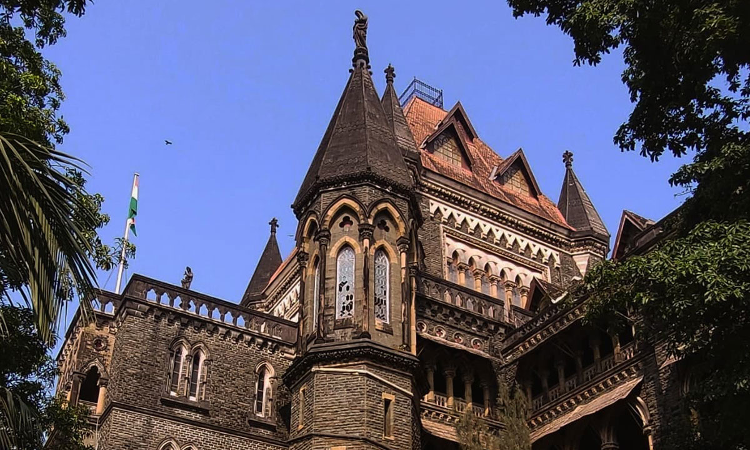The Bombay High Court has held that excise duty paid and included in the closing stock has to be claimed separately as a deduction; otherwise, the appellant would not be claiming the entire excise duty paid in the year of its payment. The bench of Justice K. R. Shriram and Justice Neela Gokhale has observed that Section 43B, which came to be introduced from Assessment Year 1984–1985...

